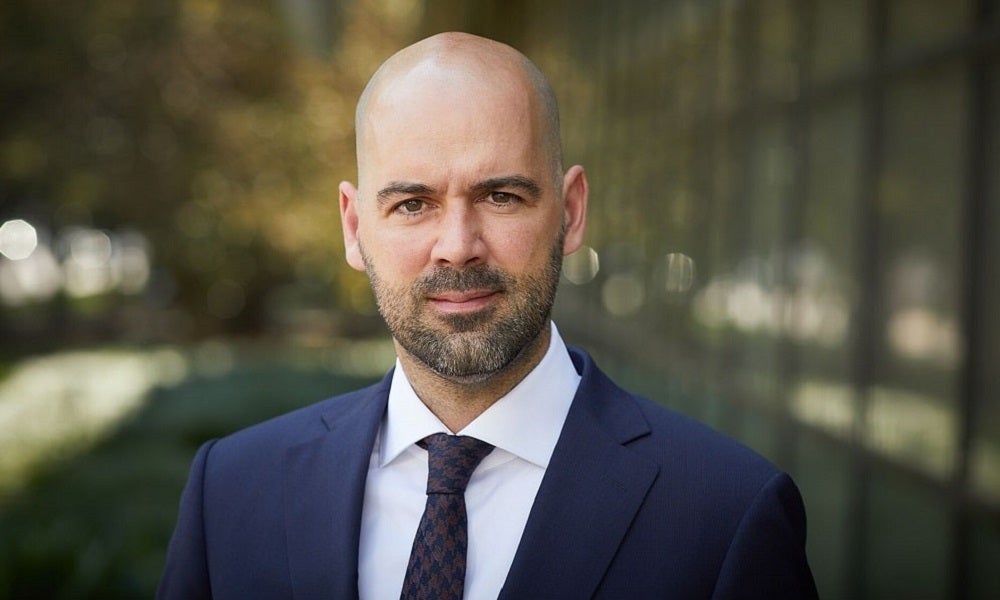What if your first job no longer exists?
AI is reshaping graduate recruitment as fewer entry-level jobs challenge how universities prepare high-potential employees for the workplace, writes UNSW Business School Dean Frederik Anseel
LinkedIn’s Chief Economic Opportunity Officer, Aneesh Raman, raised an alarm last week. LinkedIn positions itself as the ultimate online recruitment platform. This means it has a colossal dataset on job postings and applicants. This gives it a unique insight into real-time developments in the global labour market. In The New York Times, Raman uses LinkedIn data to substantiate the rumours and anecdotes that have been circulating for some time and which I'm increasingly hearing from employers at our business school: graduate entry-level positions – traineeships or graduates – are becoming scarcer. The reason is said to be that AI can already perform many tasks that entry-level workers would handle.
Let's be cautious. Many a prophet who warned that jobs would disappear missed the mark. Every job eliminated by AI will likely be offset by new, different jobs – though Sam Altman, Elon Musk and Bill Gates disagree on this point. If we're already seeing a trend in disappearing entry-level jobs, then American import tariffs are perhaps a more important explanatory factor. In times of economic uncertainty, entry-level hiring is the easiest to pause.

But the rumours are so compelling because the pattern is so unexpected. Graduate programs or traineeships are typically intended for 'high potentials' – young people destined for great futures in multinationals, consultancy firms or banks. Often their entry-level jobs are designed so that newcomers can get a taste of all the important activities within the company, before later specialising.
Well begun is half done
Some dismiss entry-level jobs as an obligatory career step, but they're not. The experience people gain in those first jobs is decisive for their later career trajectory.
In an unusual experiment at a technology company, recently published in the leading journal, Academy of Management, new starters were randomly assigned to available projects during their first two years. The starters who were assigned more complex and challenging projects not only learned more, they also gained more recognition, appeared more frequently in internal newsletters, were promoted more often and received better pay. Well begun is half done, as they say.
Should we be concerned about these disappearing jobs? I certainly am. The mission of a business school like mine is precisely to prepare promising talent for their first job, so they can build a successful career. Perhaps it's time for universities to rethink their approach, and this is the kick up the backside we needed. For years, we argued that our graduates were well-prepared for their careers, even though employers consistently indicated it could be better.
Subscribe to BusinessThink for the latest research, analysis and insights from UNSW Business School
If companies are adjusting their expectations, universities must do so too. In our programs, we must assume that AI is already the new normal. We should no longer say 'you may use AI for this assignment under these conditions'. No, the new normal will become: 'We expect everyone to use AI anyway, and that's the level at which you'll be assessed.’
Raising the bar also means that universities must build initial work experience into the degree program. The intention must be that our graduates immediately add value and can tackle the complex projects that the career experiment described above outlined.
Perhaps this is the moment to move away from the idea that a career begins with an entry-level job to master the basics, and that we prepare highly educated people for that. The ambitious goal must be to give highly educated people the capabilities to develop and position themselves so that they are immediately an asset, and longer term, help shape tomorrow's labour market themselves.
Frederik Anseel is Professor of Management and Dean of UNSW Business School. He studies how people and organisations learn and adapt to change, and his research has been published in leading journals such as Journal of Applied Psychology, Journal of Management, American Psychologist, and Psychological Science. A version of this post was first published in De Tijd.
